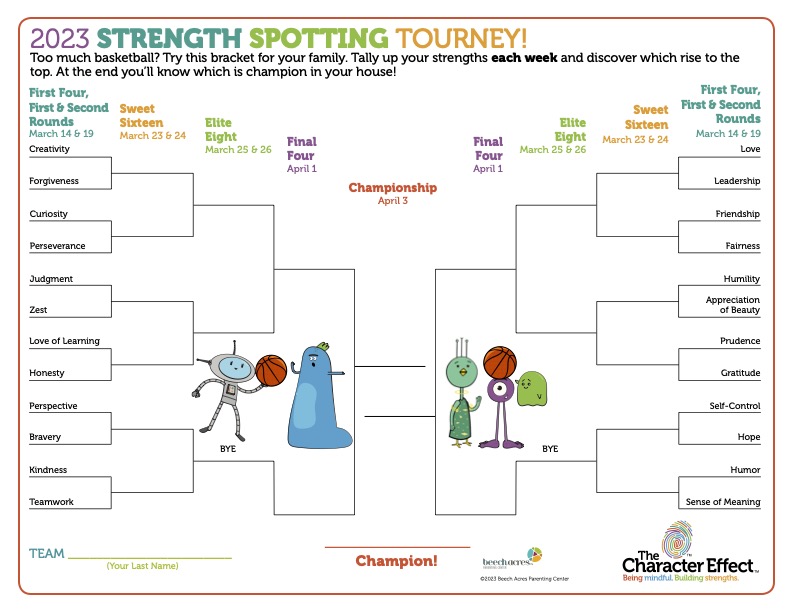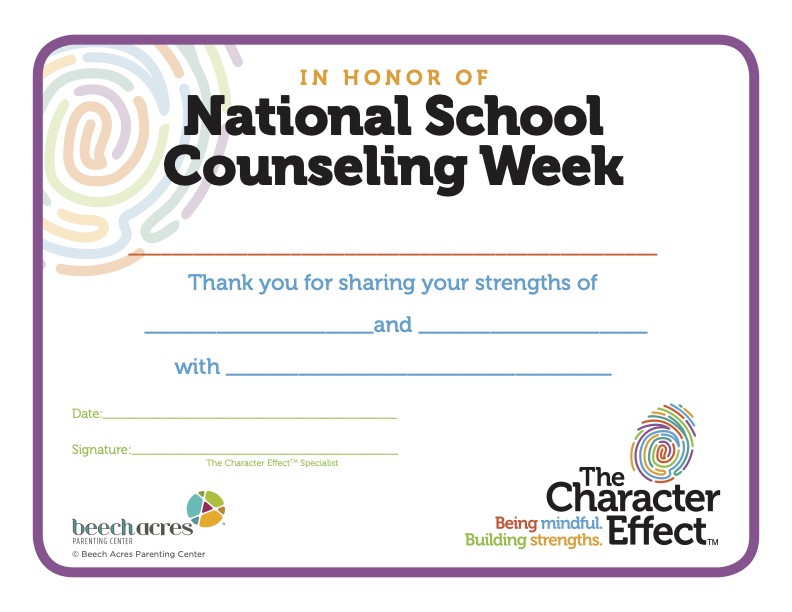As Kids Get Older, They Learn Differently. Discover how The Character Effect™ Integrates in High School
August 6, 2021
As kids get older, they learn differently. The Character Effect™ focuses on building resiliency and improving achievement from Pre-K through high school.
- Traditional prevention programs are much needed in adolescence but often are less effective than with younger students,
- even when topics – like SEL – are important and relevant, traditional programs disengage students by using strategies such as instruction, assemblies, and homework,
- adolescents have increased needs to feel respected and to have their maturity and status of being a junior high or high school student recognized,
- interventions need to acknowledge adolescents’ worthwhile knowledge, ability to exercise agency in life, and ability to make contributions and be of value to the group.
The Character Effect addresses these issues in several ways.
First, the curriculum is delivered through engaging activities that promote student discussion, reflection, and interaction. This helps keep students interested and engaged.
Next, our student champion program, the Character Crew, lifts up students’ status as respected agents of change within the school community. These student leaders help spread messaging to reinforce what students are hearing in the classroom and through school announcements. Additionally, the Character Crew identifies issues within the school community on which they want to #haveaneffect. This not only enhances students’ sense of agency but also promotes engagement as they create positive change in ways that are meaningful to them.
Building SEL continuity from grade school to middle school to high school requires commitment, flexibility, and acknowledging that students learn differently at different stages in their education. The Character Effect™ provides effective tools for teachers, students, administration and parents to provide social and emotional support to students of every age.




 Contact
Contact